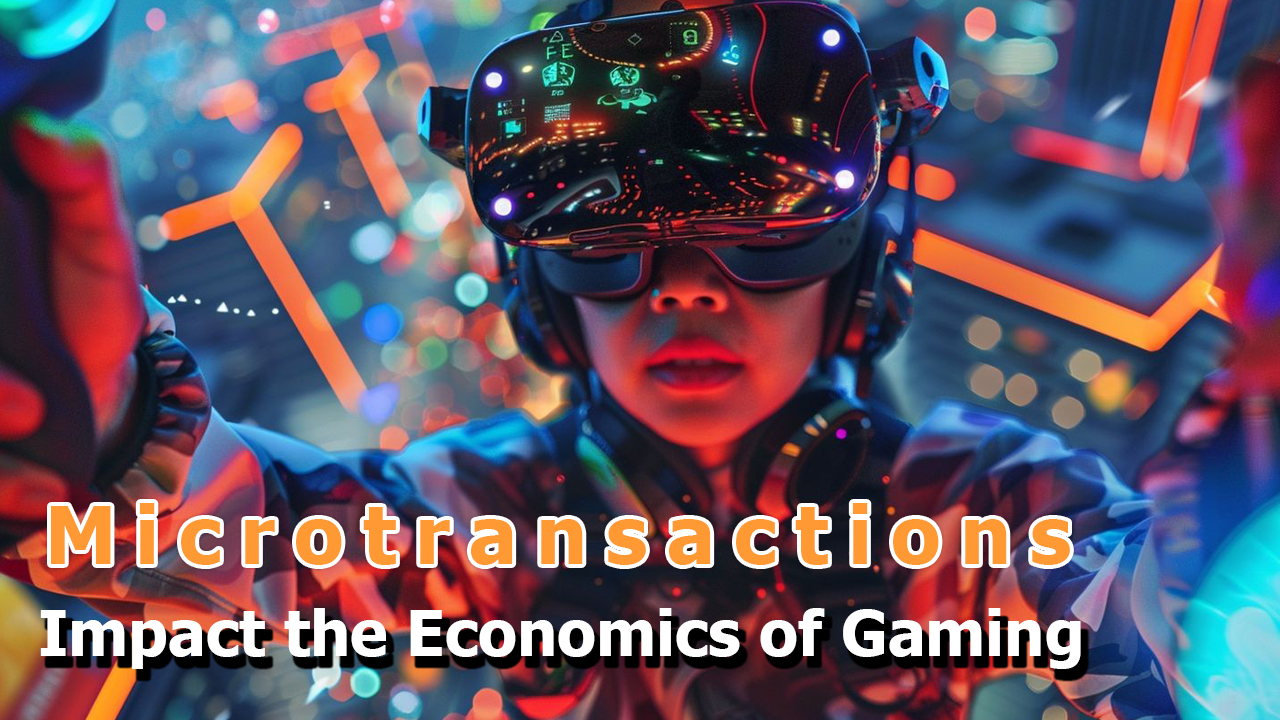
Microtransactions have transformed the gaming industry. Originally, they were a way to add fun extras like character costumes or cosmetic items. Remember Farmville's farm coins? This opened a new revenue stream for companies, and today, microtransactions are a major source of income, even surpassing online games sales!
This shift has led to a rise in online games with ongoing development. Developers can keep adding content, while players have a constantly evolving experience. Plus, it's more accessible - free-to-play models with microtransactions mean anyone can jump in!
But, there's a flip side. While some microtransactions offer harmless customization options, others can be problematic.
Imagine a game where difficulty is artificially high unless you spend real money. This creates an uneven playing field and hurts the core "gaming spirit" of challenge and accomplishment.
Loot boxes are like surprise boxes you pay for, but you don't know what's inside. This injects an element of gambling, and some games even lock essential items behind them, sparking legal controversies.
Despite the concerns, there's no denying microtransactions are a goldmine. Games like GTA Online and Genshin Impact rake in billions thanks to them. This allows for continuous development and impressive profit margins. Some games even operate on a subscription model, like Final Fantasy XIV or Xbox Game Pass, offering access to a library of titles for a monthly fee.
Microtransactions are here to stay, but the conversation around them is ongoing. Finding a balance between fun extras and fair gameplay is crucial.
What do you think? Are microtransactions a welcome addition or a necessary evil? Share your thoughts in the comments on the best online games.
They may seem like pocket change, but microtransactions are a massive force in the gaming industry. This blog post dives into how these small in-game purchases translate into big profits for developers and publishers, and how they affect the way we play.
Lower Barrier to Entry: Free-to-play models with microtransactions allow more players to jump in, expanding the potential consumer base.
Convenience Factor: Microtransactions offer a convenient way to acquire in-game items without a hefty upfront cost.
Customization Cravings: Players can personalize their avatars with unique outfits, weapon skins, and emotes, feeding into the desire for self-expression.
Progression Perks: Microtransactions can offer boosts or shortcuts to advance in-game, catering to players with limited time.
The Gacha Gamble: Loot boxes with randomized rewards tap into the thrill of the unknown, encouraging players to spend for a chance at rare items.
The future of microtransactions likely lies in responsible implementation. If developers prioritize fair play and meaningful content alongside cosmetic options, microtransactions can continue to be a win-win for gamers and the industry.